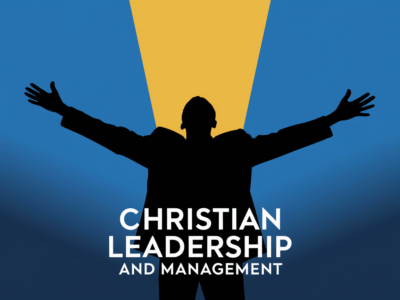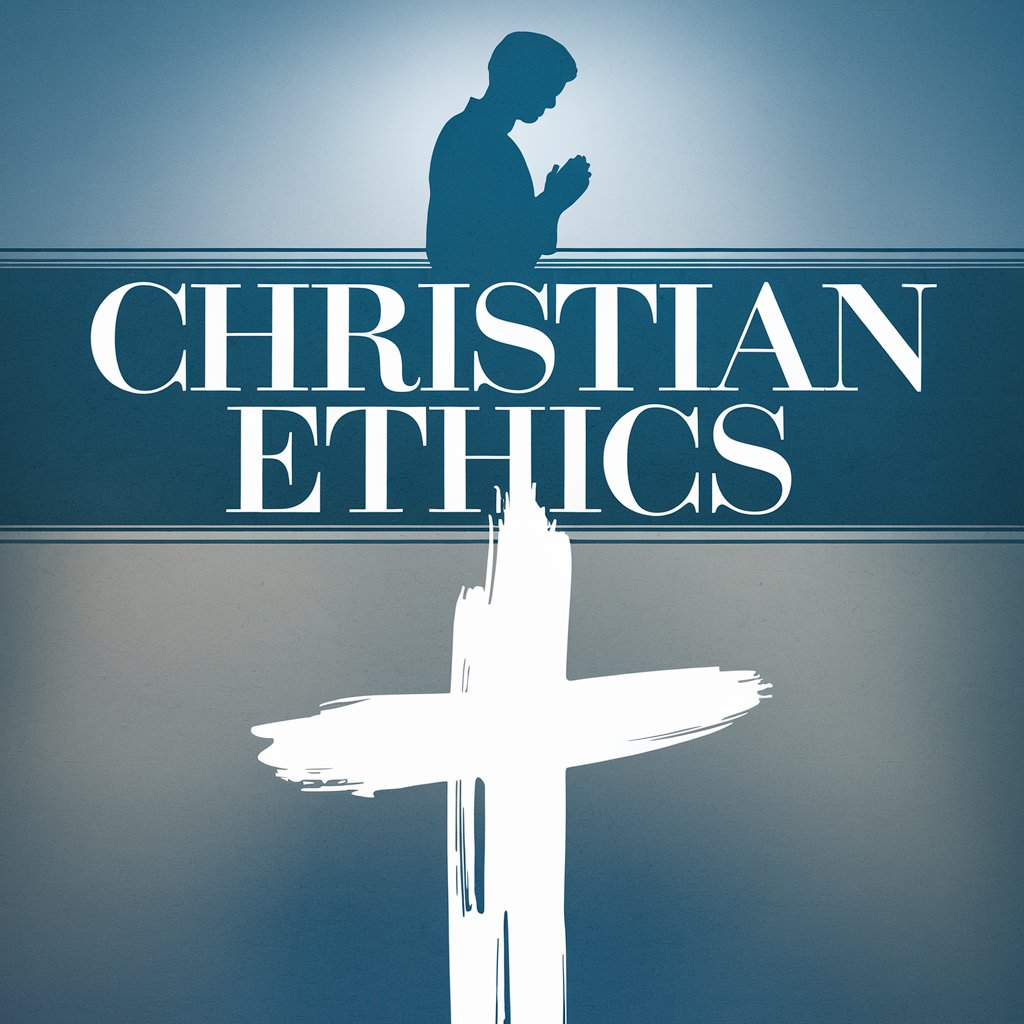Christian Ethics
Christian Ethics explores ethical issues through a Christian lens, integrating biblical principles with contemporary moral dilemmas. The course aims to equip students with the tools to think critically, apply biblical principles to real-world issues, and navigate the complexities of personal, …
Overview
Christian Ethics explores ethical issues through a Christian lens, integrating biblical principles with contemporary moral dilemmas. The course aims to equip students with the tools to think critically, apply biblical principles to real-world issues, and navigate the complexities of personal, social, and professional life with integrity and faith.
Certification
Upon successful completion of the course, participants will receive a Certificate of Christian Ethics Proficiency, signifying their understanding of biblical ethical principles and their application in various domains of life.
Course Objectives
- To provide a foundational understanding of Christian ethics rooted in biblical teachings.
- To explore key ethical concepts, including justice, mercy, humility, and love, as outlined in scripture.
- To analyze contemporary moral dilemmas from a Christian perspective.
- To develop critical thinking skills for ethical decision-making in personal, societal, and professional contexts.
- To equip students to apply Christian virtues and principles in promoting justice, peace, and reconciliation in a globalized world.
Learning Outcomes
By the end of the course, participants will be able to:
- Articulate Core Principles: Explain the biblical and theological foundations of Christian ethics, including covenantal concepts and the Kingdom of God.
- Analyze Ethical Challenges: Assess modern ethical dilemmas—such as issues of sexuality, bioethics, justice, and environmental stewardship—through a Christian ethical framework.
- Apply Ethical Decision-Making Models: Utilize various ethical approaches, including deontological, teleological, and virtue ethics, to make decisions aligned with Christian values.
- Engage in Social Advocacy: Advocate for justice, equality, and stewardship in personal and public spheres, reflecting the principles of justice and mercy outlined in Micah 6:8.
- Demonstrate Virtuous Leadership: Exhibit qualities of servant leadership and integrity in professional and public life.
- Contribute to Global Discourse: Participate thoughtfully in conversations about globalization, technological advancements, and emerging ethical challenges while upholding Christian values.
Curriculum
Curriculum
- 5 Sections
- 16 Lessons
- 10 Weeks
- Module 1: Foundations of Christian EthicsThis module introduces the biblical and theological foundations for Christian ethical thought and practice, including key concepts like covenant, the Kingdom of God, and the nature of Christian moral reasoning. Topics covered in this module include: Biblical Foundations of Ethics, Theological Virtues, Natural Law and Christian Ethics, and Models of Ethical Decision-Making in Christianity4
- Module 2: Personal and Social EthicsThis module deals with the application of Christian ethics to personal life and societal issues, focusing on topics such as sexuality, family, life issues, and social justice. Topics covered in this module include: Christianity and Human Sexuality, Life Issues: Bioethics, Abortion, and Euthanasia, The Family and Christian Ethics, and Justice, Poverty, and the Environment4
- Module 3: Ethics in the Public SquareThis module addresses how Christians should interact with the political realm, engage in public policy debates, and reflect Christ-like behavior in public and professional life. Topics covered in this module include: Church and State, Christian Ethics in Politics, Ethics in Business and Work, and Ethics in Science and Technology4
- Module 4: Global Ethics and Future ChallengesThis module focuses on the global dimension of Christian ethics, exploring issues that affect the global church and future ethical dilemmas. Topics covered in this module include: Globalization and Christian Ethics, War, Peace, and Reconciliation, Immigration and Christian Response, and Emerging Ethical Challenges4
- Final Exam1






